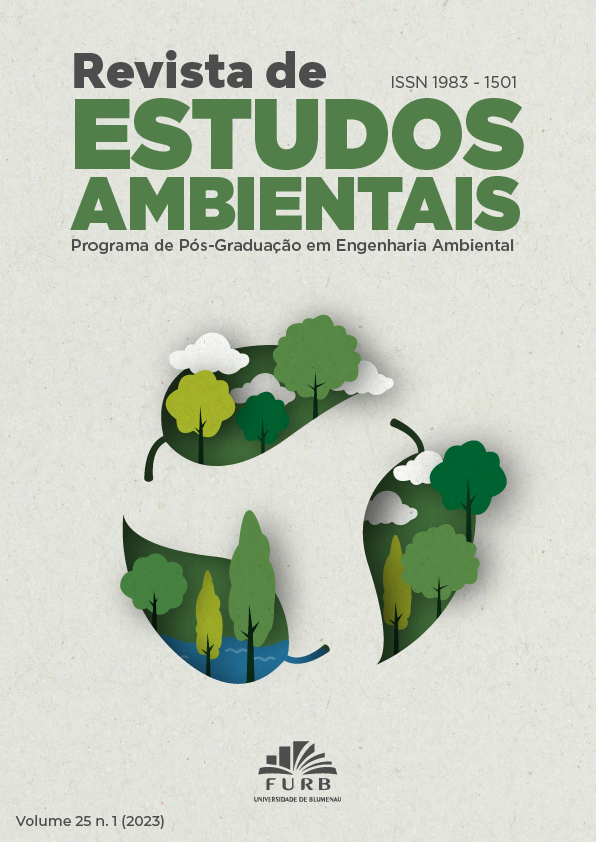Microbial lipases: propitious biocatalysts for various biotechnological applications
DOI:
https://doi.org/10.7867/1983-1501.2023v25n1p48-66Palavras-chave:
Enzymes, Lipase, biocatalyst, Catalytic activity, BiotechnologyResumo
The use of microbial lipases is very important because they have a broad spectrum of catalytic reactions. Lipases catalyze reactions in aqueous and non-aqueous media and have advantages when compared to chemical catalysts, due to their specificity, enantioselectivity and stability at pH and temperature. The interest in research for microbial lipases occurs because of their applicability in various sectors and industries, such as food and beverage production, cosmetics, pharmaceuticals, surfactants, dairy products, treatment of effluents containing oils and fats, biofuels, among others. Biocatalysts can be obtained by submerged fermentation (SF) or solid-state fermentation (SSF), which has advantages over SF, because it is possible to use agroindustrial waste as substrate or growth support for microorganisms, becoming an alternative to reduce production costs. SSF is a promising technology for enzyme production, because besides using low-cost substrates, the biocatalyst can be produced in a more concentrated form, facilitating its recovery from the culture medium when necessary. Thus, this paper intends to discuss and review studies on microbial lipases, with direct application of the fermented solid (SSF), focusing on the main microorganisms, substrates and supports used in SSF, applicability of lipases in several industrial sectors, besides presenting conversion results using different microorganisms or/and substrates.

